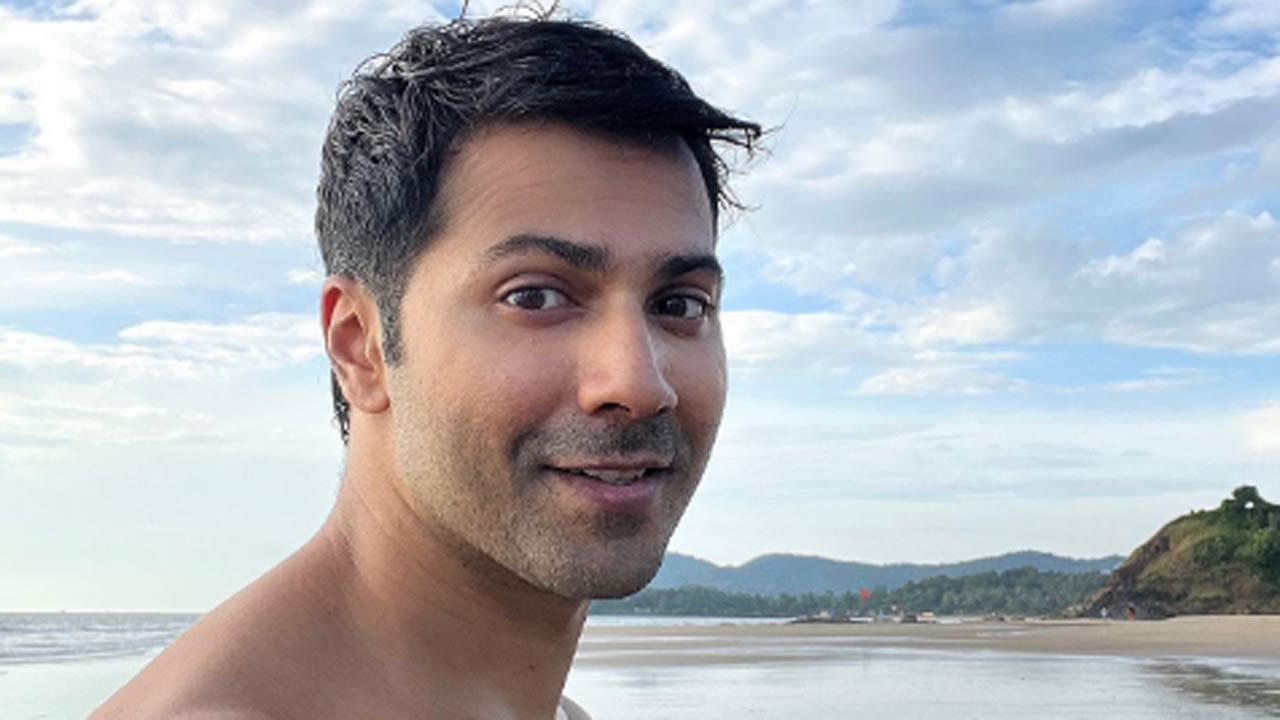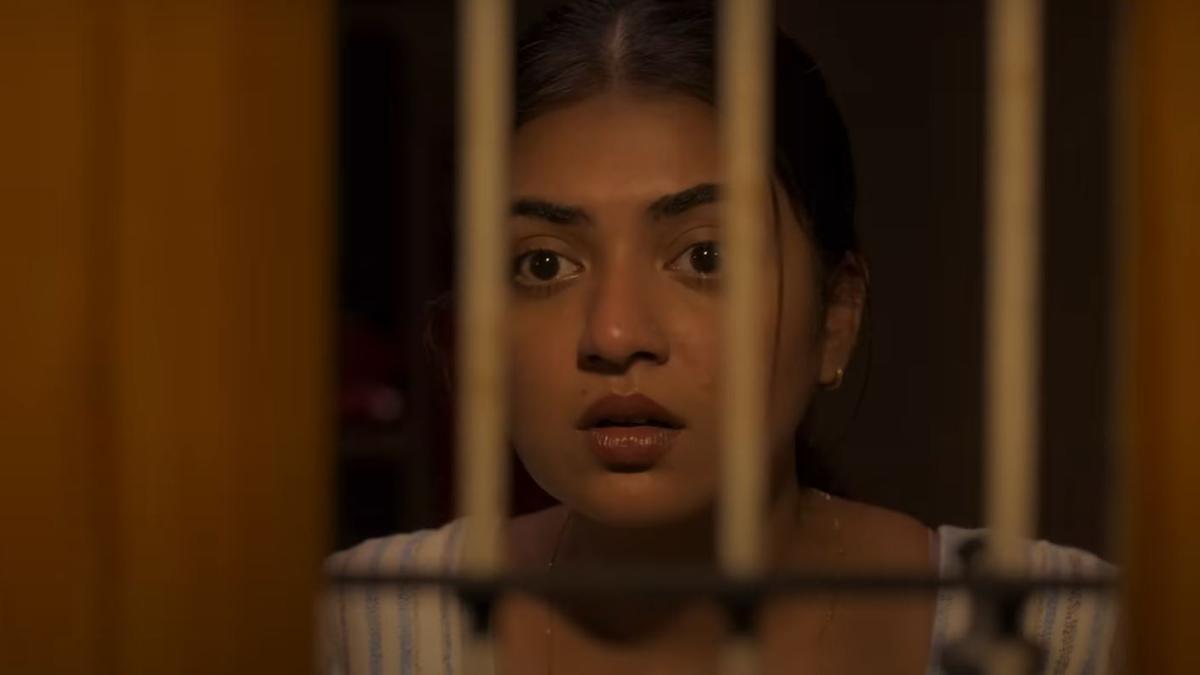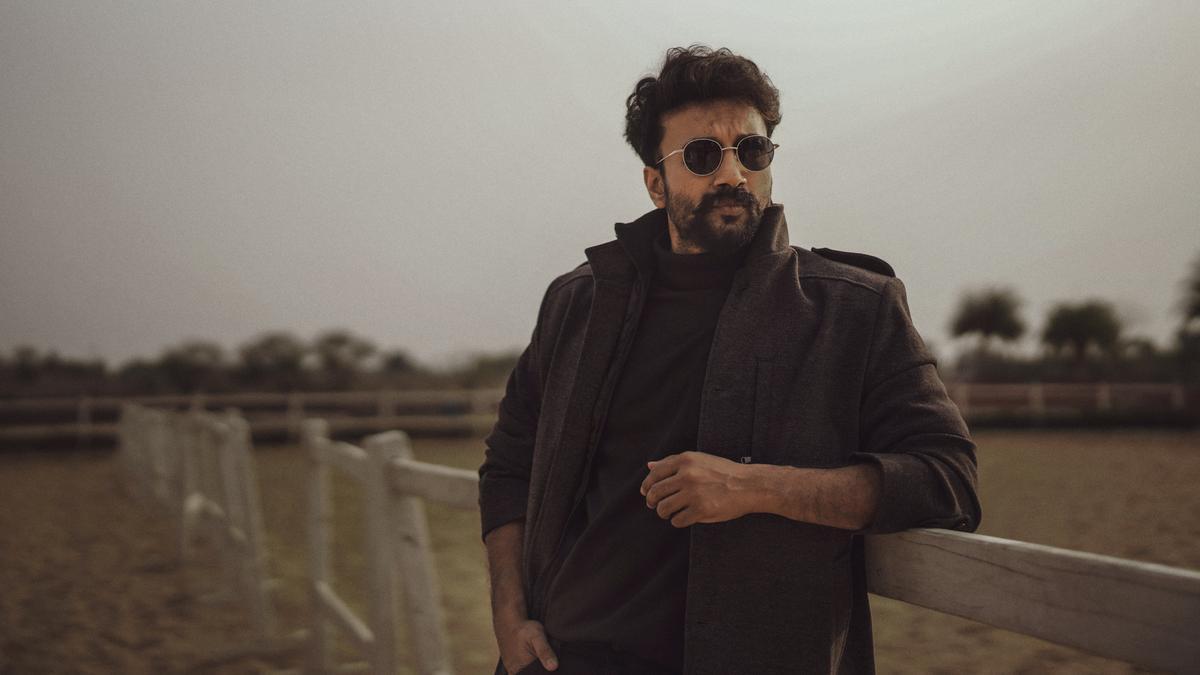
In light of current events that have once again drawn attention to the pressing issue of women’s safety in India, actress Mallika Sherawat has reignited the conversation by sharing a powerful and controversial video on her Instagram feed. The brutal rape and murder of a trainee doctor from Kolkata have spurred a national outcry, putting the spotlight on the pervasive problem of sexual violence. Amid this, Sherawat posted an old video where she talked openly and passionately about the rampant gang rapes and violence against women in India, not shying away from calling the country regressive in its treatment of women.
In the video, Sherawat can be seen addressing the media at an event where she was questioned about her bold characterization of India. She quickly corrects the journalist, asserting, “I said that India is regressive for women.” She stands firm on her statement and systematically explains her reasoning. The actress elaborates, “I’ll tell you exactly why. This is my point of view. With female infanticide happening almost daily, with gang rapes making the headlines of every newspaper, and with honor killings—today, only I tweeted about it. Today, I read in the paper, that according to UNFPA, 40% of Indian women—40%—are married below the age of 18. I think it’s a very, very regressive state for women, and I stand by that.”
Her words not only reflect her personal viewpoint but also echo the grim reality many women face in India. Sherawat continues to question the silence and complicity surrounding these issues. “When an interviewer asks me what I have to say about these gang rapes, which are the headlines in the New York Times, the Washington Post, CNN—what do I say? Am I going to lie? Should I lie? As a woman, should I lie about the state of women in our country? So I didn’t lie,” she resolutely states.
The video, shared by the actress on her Instagram account, has since garnered widespread attention.
. In her post, Sherawat also shared her personal experiences, recalling how she faced significant backlash for her outspoken comments. She wrote, “I still can’t forget this moment when I was attacked and bullied by a certain section of the Indian press for speaking out against gang rapes and sexual violence in India!” She revealed that the criticism did not just come from the press but also from some highly influential women within the Bollywood industry.
According to Sherawat, these prominent figures in the media and film fraternity chose to admonish her instead of supporting her stance. “Some women in the press and some very big names in Bollywood—female actresses—joined the chorus and publicly attacked me for speaking out against gang rapes and sexual violence,” she added.
This highlights a troubling dynamic within Indian society where, rather than supporting someone advocating for sorely needed change, even those in positions of influence engage in silencing dissenting voices. Sherawat points out, “This phenomenon highlights a troubling dynamic where, instead of supporting someone advocating for change, these women in influential positions are engaging in silencing the voices of women like me! This behavior perpetuates a culture of silence and complicity that allows sexual violence to continue.”
Sherawat’s reflections draw attention to the broader cultural and societal issues, urging more solidarity and support among women, particularly those wielding significant influence. “It’s crucial for women, especially those in the public eye, to stand in solidarity and use their platforms to support, rather than vilify, those who speak out against such injustices,” she asserts.
Her post arrives at a critical juncture, as discussions around women’s safety resurface with intensity. By sharing her experience, Sherawat aims to break the culture of silence and complicity that she believes continues to enable sexual violence in the country. Her call to her fellow women, especially those in influential positions, to support advocacy for significant reform resonates deeply.
The conversation ignited by Sherawat’s outspoken remarks a decade ago remains as relevant today as ever, demonstrating the crucial need for an ongoing, unflinching dialogue about women’s safety and rights in India. As the country grapples with yet another horrifying incident of sexual violence, the necessity of such brave voices becomes ever more apparent. Sherawat’s defiant stand, despite the backlash, calls for a renewed commitment to fighting for justice and equality for women across India.










